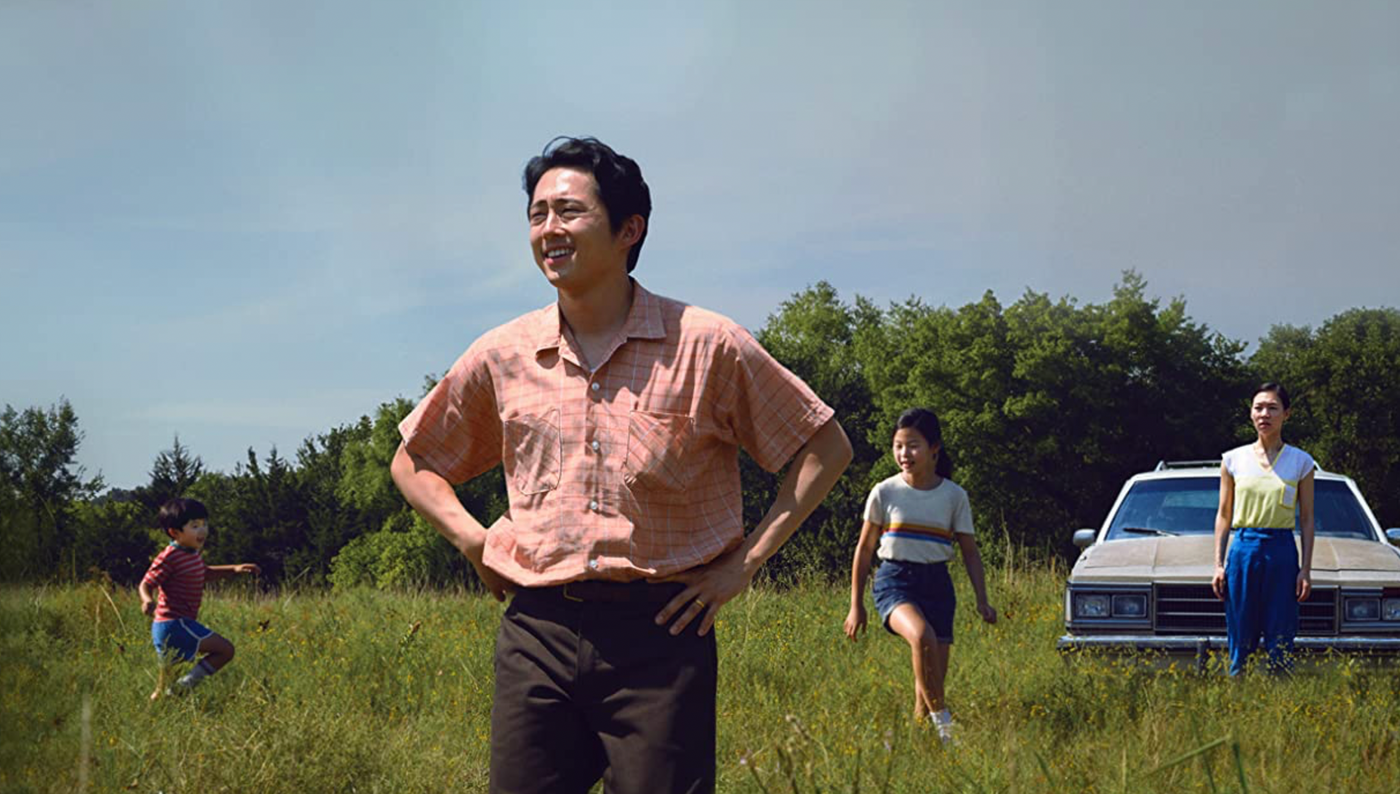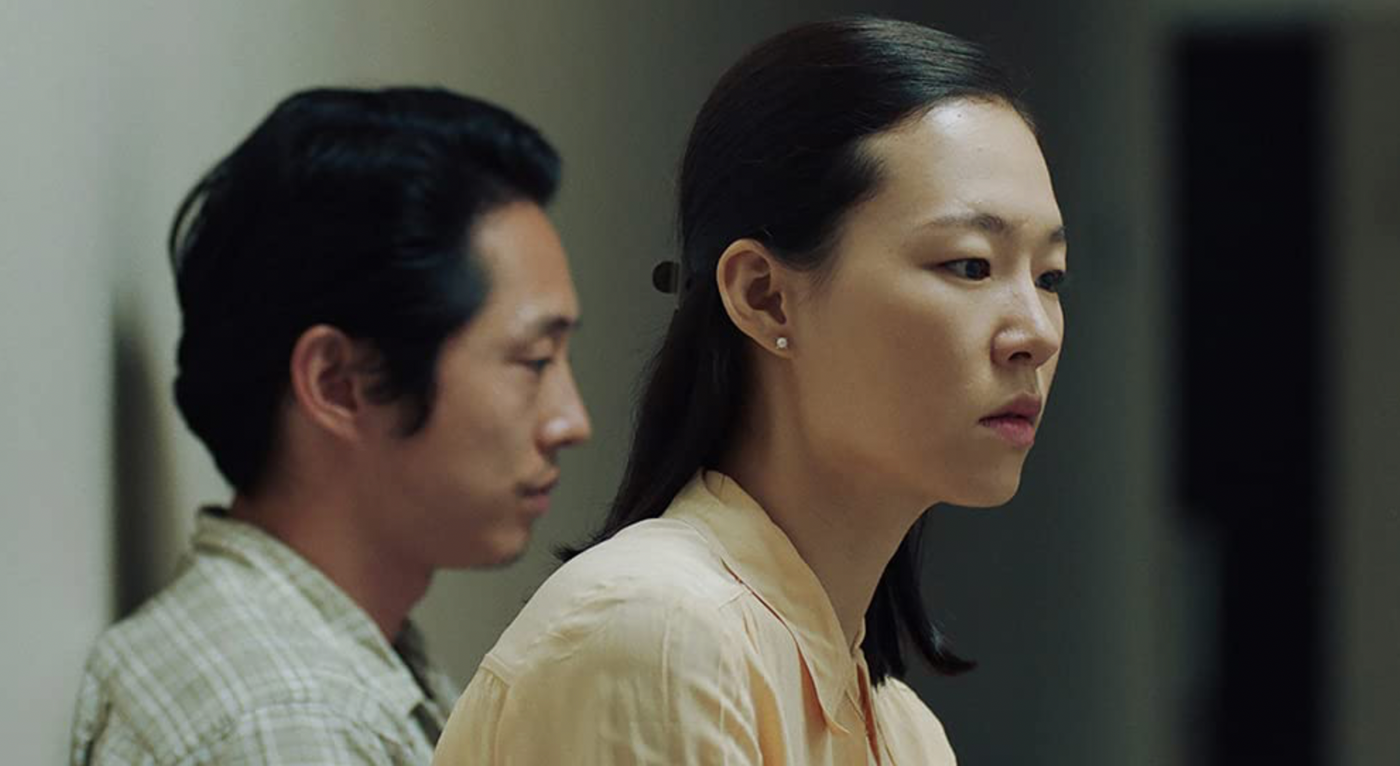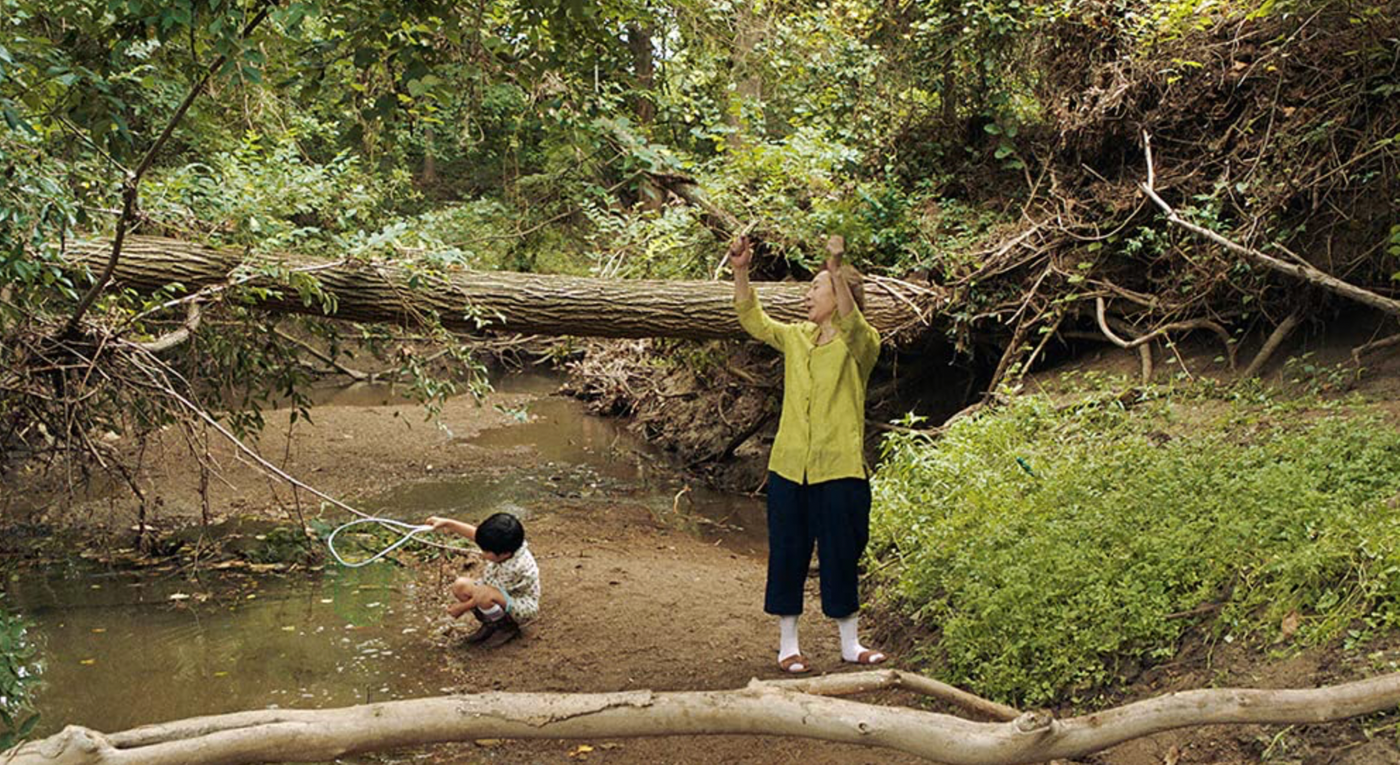Save each other from the ashes of a barren immigrant family in "Dreamland"

On the weekend, I watched "Dreamland" written and directed by Korean American director Zheng Lishuo. It is one of the best films I have seen recently (don't soak in Netflix and mess with Chill!), and I have seen people introduce Stephen before watching it. Yuan (or Lian)'s initial struggle to connect with this play, and his experience of watching the movie as a friend of Korean descendants, all said that the portrayal is too accurate, and the growth process in memory is terrifyingly appropriate.
In the 1980s, more than 30,000 Koreans moved to the United States to pursue their dreams. Stephen Yuan's father, who was an architect in Seoul, was one of them. Jacob in the film was just another. The dream is stalling. In that society and the era when even men regarded it as their duty to provide for their families, Jacob, who shouldered the burden of family finances and made a desperate attempt to promise a well-fed future for his family, was most often seen by his family in the eyes of his family.
"I'm going to check the farmland", "I'm going to find a water source", "I'm going to contact the Korean businessman in the city", "I'm going to pick up my mother", "I'll find a way". Before Jacob went out, he put on that red hat, turned his back to his family, but not turned his back on his family, but what he walked towards was not entirely family, but more importantly, self-esteem. Busy with Paul (I really want to be friends with him!) in the fields every day, Ya thinks that he doesn't need a water seeker and can find a free and endless source of water by himself, but he will eventually encounter this abandoned place The barren reality of the land, seeing the opportunity to stand on the ground with the fruit of Tanaka withering, and his hands are already too busy, he is also self-respecting to his wife Monica in the bathtub - if it doesn't work, you just bring two children. Leave here and don't come back; if it fails, this home is not a home.

In many family-related dramas, women are often the key to maintaining the integrity of a family. When Jacob continued to work and obsessed, Monica had to be reassured that "everything is fine" and "things will be resolved soon. ”, “A farm is no different from a garden”, but what she gets is always second-hand information. Although she and Jacob made up their minds in Korea to come to the United States to save each other, she has always been excluded from the decision-making circle. As the plot progresses, Monica's emotions will eventually explode. The most terrifying thing is not the hysteria, but the extremely obvious determination of the chin line, which is the external message that she is determined to take the child away. Part of her steadfast outline is also the shape Jacob unknowingly chiseled for her, because he still doesn't understand that for Monica, the most important thing in home is not a good or bad life, but a " Quan", a mutual aid organization that should be able to hold each other up despite failure.
The food is also a noteworthy part of "Dreamland", which is completely the opposite of "Crazy Rich Asians", no abalone lobster fins, and some chili powder and anchovies that my grandmother dragged from Korea to Arkansas by air.
An old mother and daughter are sitting in the bedroom of a foreign mobile home, which is not a home for most people, but a temporary home at best. The dry goods were packed in plastic bags. They opened the bags of nostalgia in the room. The daughter cried in a mess, and apologized for not giving her mother who worked hard all her life a better life. The old mother's answer was, "Why? Because there are wheels under the house, it's very fun." At this time, the audience is standing outside the door from the perspective of the young grandson David, looking at the mother-daughter scenery framed by the door frame. The works exhibited on the theme of immigration are no exaggeration.
I’m not sure if Korean families have to go to the table for their meals, but they are also from East Asian ethnic groups. Seeing Jacob sitting alone at the dining table with grandma and children sitting in front of the TV is indeed in line with the memory of many Asian families. meal situation. Bowls of rice, flat chopsticks, seaweed and a bunch of side dishes, and even the Kampo herbal tea is very Korean. Don't forget there is also a table cover that isolates mosquitoes and flies, and the director shows them to the audience together in the shot composition.
Grandma's embarrassing situation at home is somewhat similar to Lao Zhu played by Lang Xiong in Ang Lee's "Pushing Hands". They are also elders who were picked up from their hometown by their children after working hard in the United States. They faced the contradiction between Eastern and Western values. A sense of helplessness when people are uprooted in their old age, as well as the fear of "old age is useless". Now they are no longer the loudest voices in the family. The children have grown into the backbone of the family. The evolution of the situation makes them inevitably become another mouth to be fed. It is more appropriate to be a burden than an old child.
Everyone wants to do something for the family, and everyone has their own reasons to prove. Jacob wants the child to watch him succeed at least once; what grandma wants to prove is that even if she has a stroke, she will not be a burden to the family.
When a person loses the rationality to measure his own abilities and chooses to ignore the reality and strive to prove it, the environment shows little compassion, but more of a cold and rational executor—it doesn’t care what you choose, and it doesn’t tell you the possible consequences in advance . Therefore, my grandmother, who was unable to move, just wanted to do housework and burn the waste in the fire bucket, but she could not stop the cardboard box falling in the wind from igniting the dry weeds. Countless more small flames, the environment takes over from here, and the fire burns all the way to the barn, undoing Jacob's first success.
The more you try to solve a problem the wrong way, the faster the problem will eat you.
The breakdown of the relationship between husband and wife, the fire that engulfed the barn, happened one after another in that day. When Jacob returned with his family, the fire was out of control, but the turning point of his life with his family was in it, and he had to snatch part of it back no matter what. Jacob's obsession and efforts drove him to do this predictably, but when Monica rushed in and tried to remove the few remaining agricultural products, her mind was also obvious, even if she was not optimistic about Jacob's plan again and again, But she must not stand idly by when everything is ruined, because for her, home has never been defined as a good or bad life.
When Jacob chokes his throat and burns, he and Monica have been blocked by deadly smoke, and the scene is like purgatory. In purgatory, he kept calling wife, wife, until he found her, and the two escaped in a thrilling manner on the grass. cough. At this time, the family, especially the relationship between the two of them, has been reborn from ashes.
That night, not only did Jacob and Monica really save each other, but David and sister Annie, who were terribly disgusted with their grandmother, finally accepted this old man with a Korean smell. Just when the grandmother realized that she had made a big accident, let herself leave, and took the initiative to cut off the relationship between her burden and her family, David, whose heart was gradually shrinking with age, miraculously healed at this moment, and he started to run. After a long journey, I arrived in front of my grandmother, spread my hands in a gesture of blocking and hugging, and told my grandmother not to leave, and we went home together.
People often say that they want their lives to change, to grow up overnight, wake up to be mature, and instantly realize what is important to them, but what happened to the Jacob family that night is what many people in the world want to do all their lives. It was a dramatic turning point, one that was knocked down and started over again. The story has a good ending here. The resilient immigrant family has regained its footing. Just like the cress that my grandmother planted by the stream not long after the play began, and now it grows beautifully and densely, as long as they find a water source, they can grow.

Like my work? Don't forget to support and clap, let me know that you are with me on the road of creation. Keep this enthusiasm together!



- Author
- More